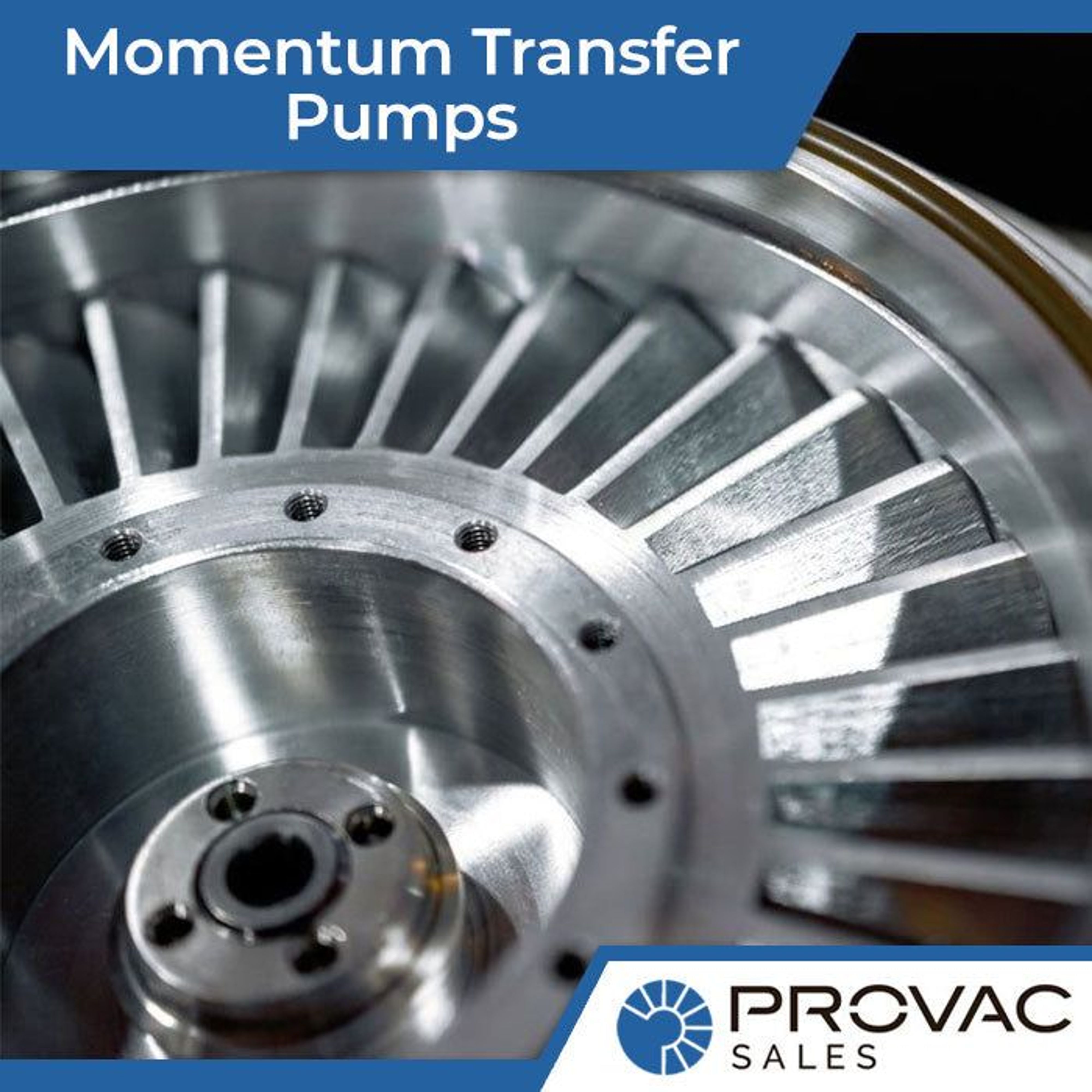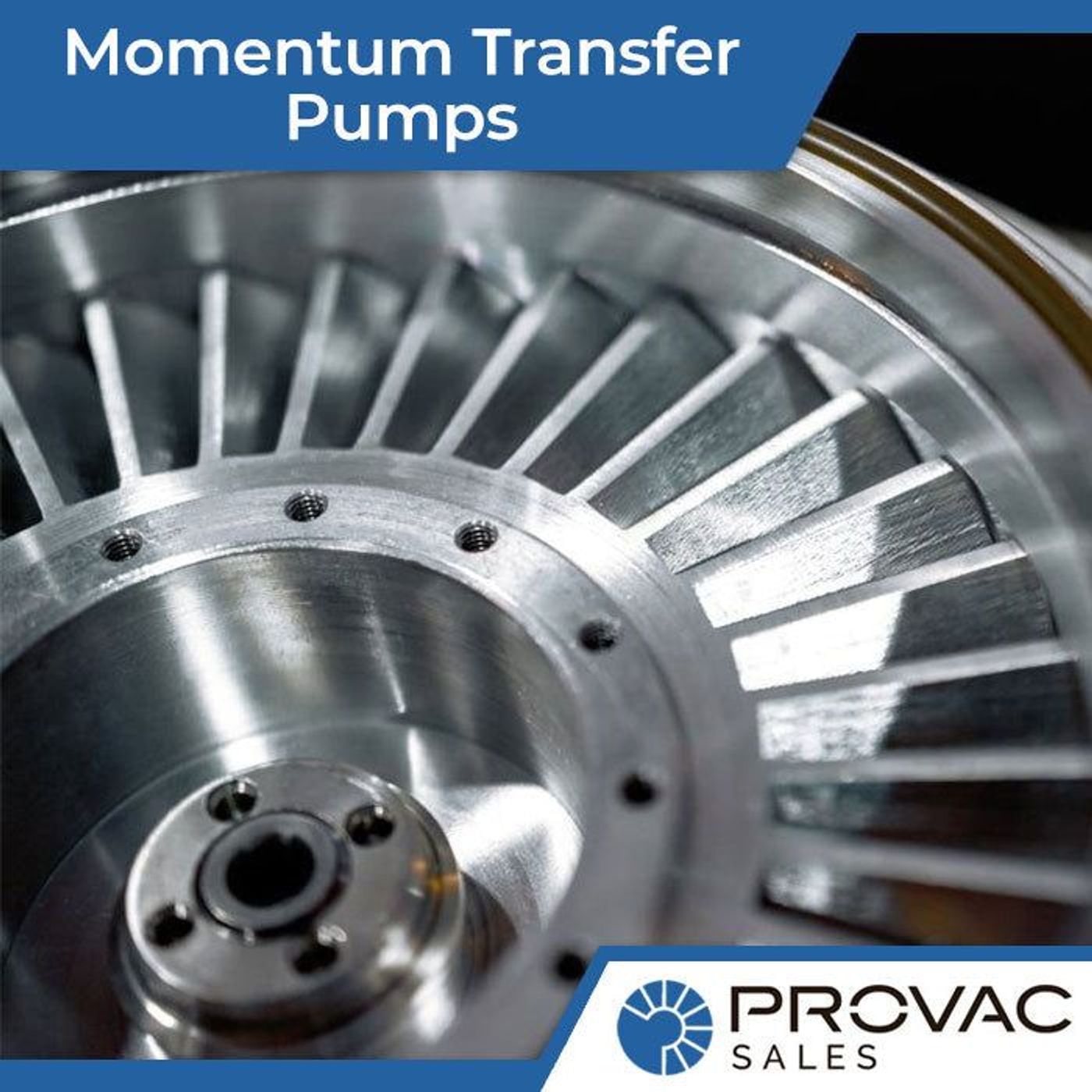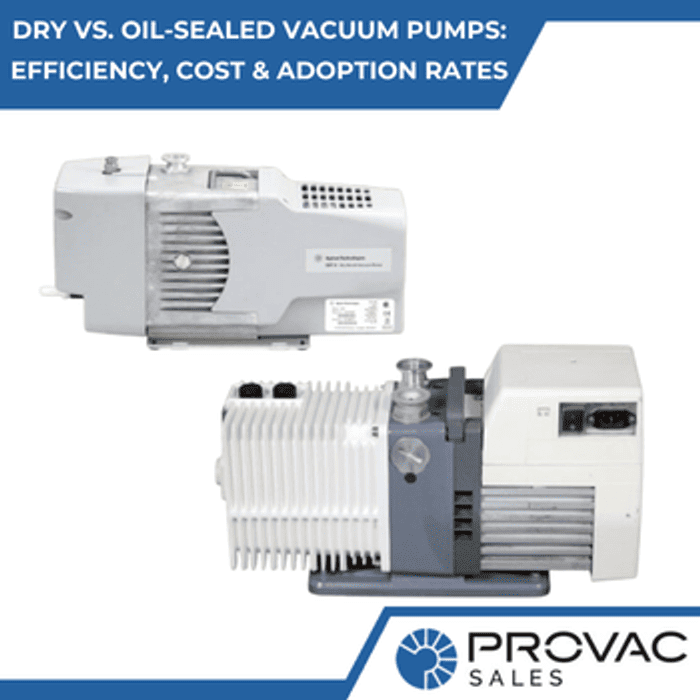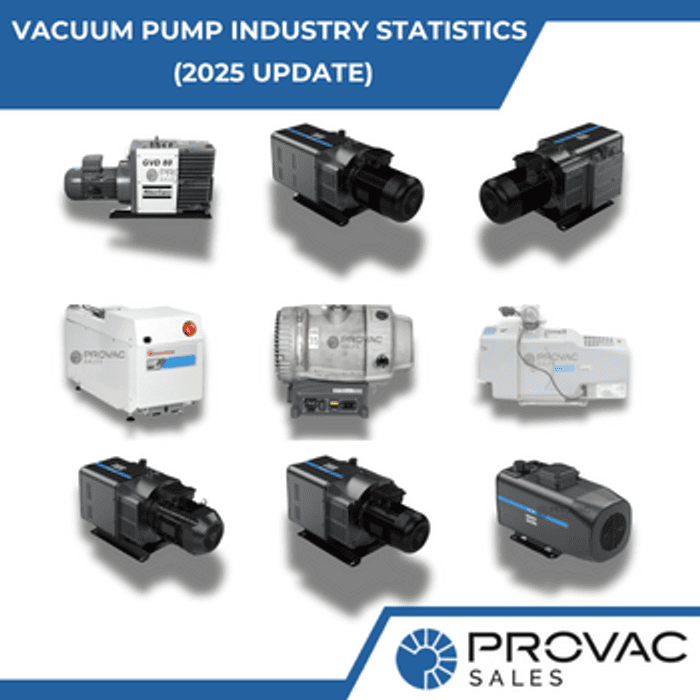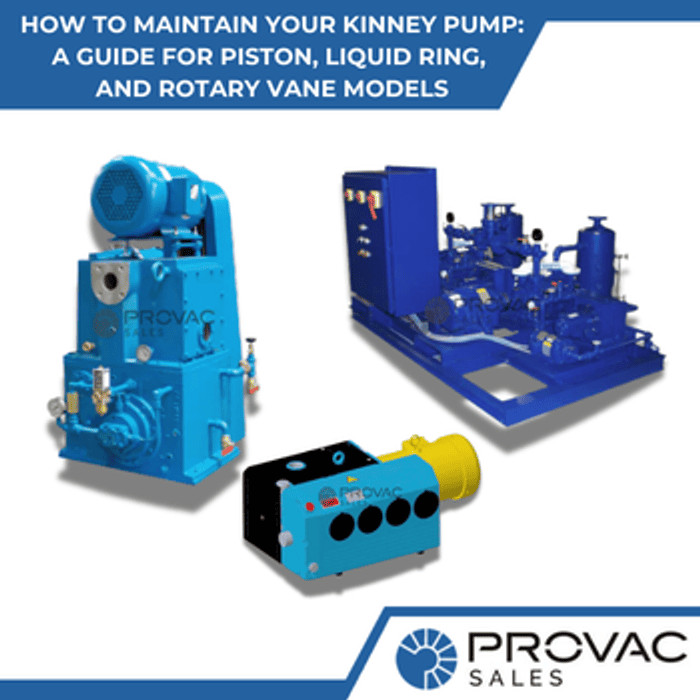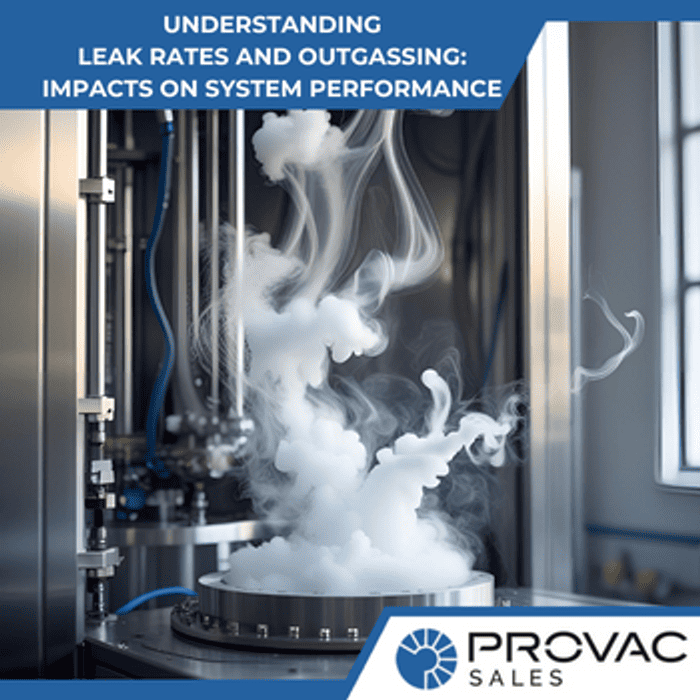Momentum transfer pumps are mechanical wonders that hold a crucial position in numerous industries, discreetly orchestrating the movement and conveyance of vital fluids.
What is a Momentum Transfer Pump?
A momentum transfer pump is designed to move fluids with extreme precision.
But how does it accomplish this feat? In simple terms, the momentum transfer pump harnesses the fundamental principles of physics. It captures the momentum of these fluid particles and choreographs their movements in a way that collectively propels them in the desired direction. This momentum transfer drives the fluid forward, overcoming obstacles and efficiently guiding it to its intended location.
Applications and Industries
Where Do Momentum Transfer Pumps Shine?
Their adaptability and effectiveness have made them crucial in numerous industries and applications, ensuring seamless operations.
Power Generation
In power generation, especially within nuclear power facilities, momentum transfer pumps assume a crucial position. Their primary function involves circulating cooling fluids throughout reactors, contributing to temperature control and the safe, efficient generation of energy.
Oil and Gas Exploration
In the challenging and rigorous settings of oil and gas exploration, these pumps are like uncelebrated champions. They play a vital role in moving crude oil, natural gas, and various drilling fluids, and their dependability is paramount for the triumph of drilling endeavors.
Chemical Processing
Chemical processing facilities depend on precise fluid management, and momentum transfer pumps are an ideal choice for this purpose. They are employed to move a variety of chemicals, guaranteeing precise mixing and reactions while upholding the integrity of the processes.
Pharmaceuticals and Biotechnology
Accuracy is important In the pharmaceutical and biotechnology industry. Momentum transfer pumps are instrumental in the manufacturing of vaccines, medications, and biologics. They facilitate the precise transfer of sensitive materials, ensuring the quality of the end product.
Food and Beverage
From breweries to dairy farms, the food and beverage sector employs momentum transfer pumps to manage liquids like milk, beer, and fruit juices. These pumps guarantee the hygienic transfer of fluids throughout the manufacturing and packaging processes.
Real-World Examples and Success Stories
To demonstrate the significant influence of momentum transfer pumps, let's explore real-life instances and stories of success. Within the oil and gas industry, the dependable performance of these pumps has resulted in heightened efficiency in oil production and reduced periods of inactivity. These pumps have also been essential in producing life-saving medications with consistent quality.
In every one of these domains, momentum transfer pumps have not only demonstrated their value but have frequently been the behind-the-scenes heroes guaranteeing the seamless execution of crucial procedures. Their ability to adapt and their effectiveness persist in fostering progress and productivity throughout diverse industries.
Types of Momentum Transfer Pumps
Now that we've looked at where these pumps excel, let's shift our focus to the various types and options. Knowing these differences can aid industries in selecting the most suitable pump for their unique requirements, enhancing efficiency and performance.
| Type of Pump | Operating Principle | Advantages | Typical Applications |
| Centrifugal Pump | Transfers momentum through a rotating impeller | Simple design, suitable for high flow rates | Water distribution, wastewater management |
| Positive Displacement Pump | Transfers momentum by trapping and displacing fluid | Precise flow control, handles viscous fluids | Oil transfer, chemical processing |
| Diaphragm Pump | Uses a diaphragm to displace fluid | Leak-free operation, handles abrasive fluids | Pharmaceutical manufacturing |
| Peristaltic Pump | Squeezes and releases a flexible tube | Gentle on fluids, ideal for shear-sensitive materials | Food and beverage production |
Advantages of Momentum Transfer Pumps
As we explore momentum transfer pumps further, you might be curious about why they're so widely used across industries. Well, the answer lies in the exceptional advantages that make them stand out. What makes these pumps special?
Efficiency Beyond Measure
Picture a high-stakes competition where accuracy and swiftness are critical. Momentum transfer pumps embody this concept by efficiently transferring fluids. They act like the speedsters of the pump world, swiftly moving fluids while conserving energy. This effectiveness leads to cost reductions and less harm to the environment.
Precision Performance
In industries where getting every detail just right is crucial, momentum transfer pumps are the real pros. They're really good at controlling how much fluid moves exactly when it should. This is super important in pharmaceuticals, where even the smallest mistake can mess up the product.
Reliability in the Toughest Conditions
Imagine an offshore oil platform facing the harshest ocean conditions. Momentum transfer pumps are like the tough guys, designed to handle extreme situations with their rugged build. They're a dependable choice in industries where any downtime can mean big losses.
Real-Life Examples
Let's look at real scenarios to fully appreciate these advantages. Imagine a chemical plant that decided to adopt momentum transfer pumps. This move led to remarkable improvements in efficiency, resulting in substantial cost savings and a reduction in maintenance downtime. In a different situation, a brewery chose to use these pumps to ensure a consistent quality of beer, greatly enhancing customer satisfaction.
In summary, opting for momentum transfer pumps is a strategic choice capable of enhancing efficiency, precision, and reliability across various industries. These benefits make them the favored option for many, and, as John's experience illustrates, the outcomes are self-evident.
Maintenance and Best Practices
Efficiency forms the lifeblood of any industry, and to ensure momentum transfer pumps continue to perform at their peak, adhering to a set of maintenance and operational best practices is vital. Let's explore these guidelines, presented in an easily digestible format.
Regular Inspections
Routine checks serve as the primary defense against potential problems. Be on the lookout for leaks, worn components, or unusual noises. Addressing minor issues early can prevent costly breakdowns.
Lubrication Matters
Maintain proper lubrication for the moving parts to minimize friction and extend the pump's lifespan. Consult the manufacturer's recommendations for the correct lubrication schedule and type.
Seal Maintenance
The integrity of seals is of utmost importance. Regularly inspect and replace seals as necessary to prevent fluid leakage and uphold pump efficiency.
Operational Parameters
Monitor and adjust operational parameters like flow rates and pressure levels to align with the requirements of your specific application. This ensures optimal pump performance.
Training and Education
Invest in training for your maintenance and operational staff. Knowledgeable personnel can detect issues early, operate pumps efficiently, and make informed decisions.
Spare Parts Inventory
Maintain an inventory of essential spare parts to minimize downtime in the event of unforeseen failures. This proactive approach can save both time and money.
By following these suggestions and adopting best practices, you can guarantee the ongoing efficient and dependable operation of your momentum transfer pumps. In the dynamic landscape of industries where time is of the essence, maintaining these pumps in optimal condition provides a strategic edge that yields significant returns.
Key Takeaways
- Momentum Transfer Pumps: These pumps are the experts in fluid handling, utilizing momentum to effectively transfer liquids in various global industries.
- Versatility in Different Sectors: From power generation and oil exploration to pharmaceuticals and food production, momentum transfer pumps serve a wide range of industries.
- A Wealth of Benefits: Efficiency, precision, reliability, and adaptability are the standout features of these pumps, cementing their importance in challenging settings.
- Proper Care and Best Practices: Regular inspections, lubrication, seal maintenance, and training are essential to maintain peak pump performance.
